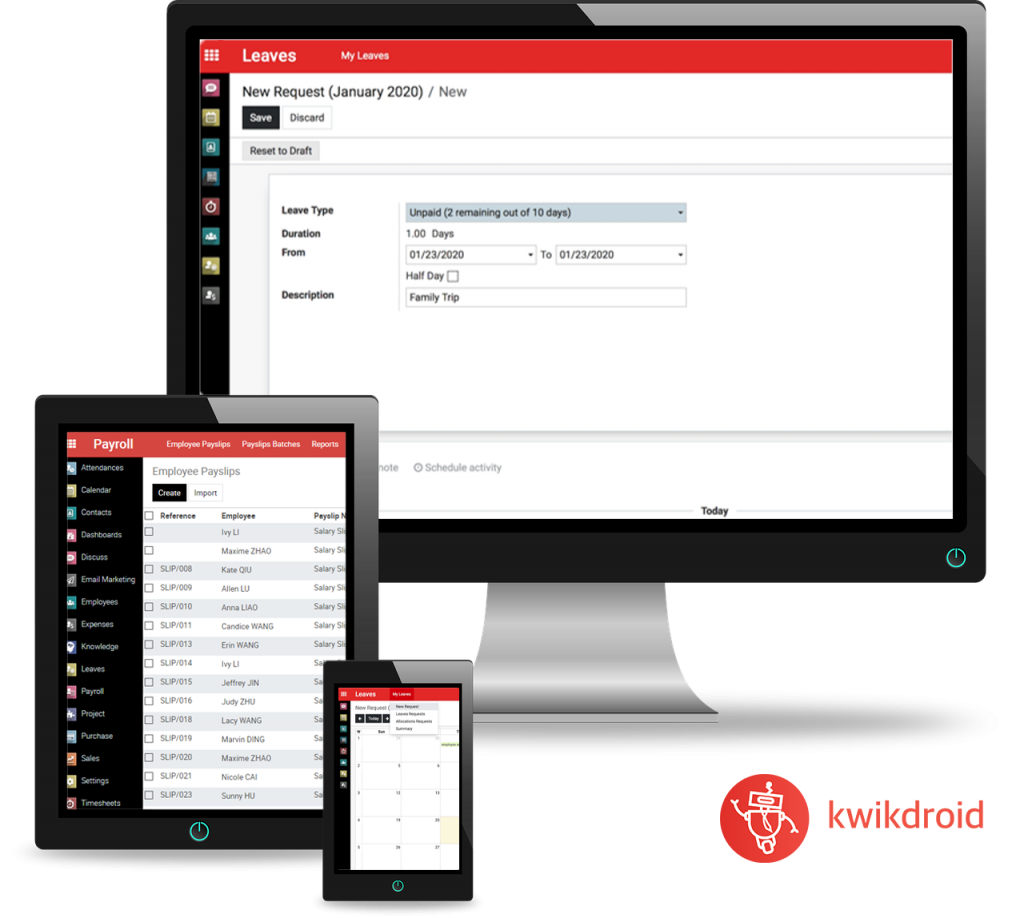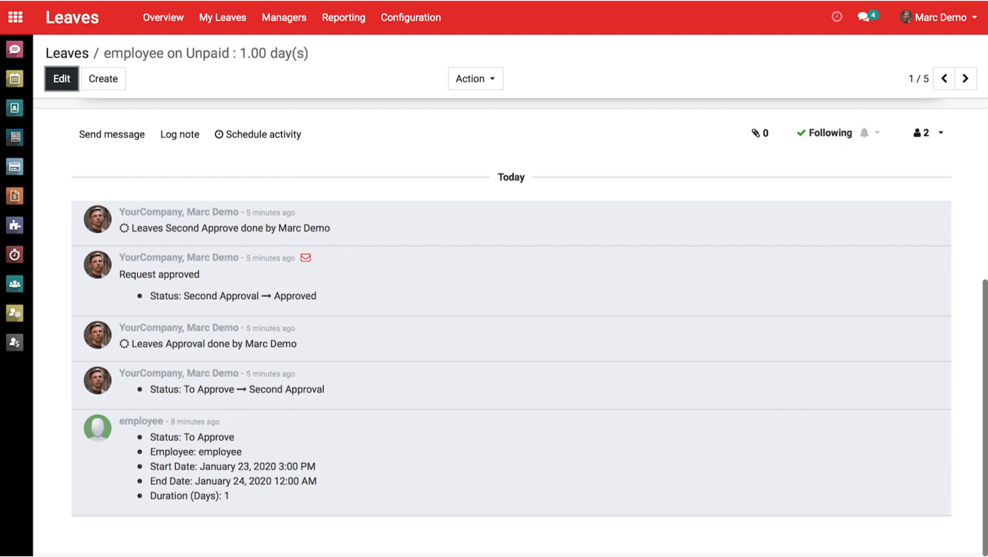COVID-19 has pushed businesses to move at great speeds and implement a more digital approach to HR management. Sick leaves, retirements, letting go of employees due to company closure, increased remote work, and other unprecedented scenarios during the pandemic required HR to be more effective and efficient in handling its affairs. Thus, these circumstances call for resilience in HR like all other aspects of a business.
See our previous article on Resilience in Business and the Test of COVID-19
According to Fitch Ratings special report, China’s unemployment rate reached 5.4 percent in September 2020. Although this rate already eased up compared to the first and second quarters, the role of HR has been more vital nowadays due to the effects of COVID-19 on labor and employment. Moreover, resilience in HR today means increased digitalization as well. The archaic process still prevails in many companies which leads to employee malcontent and general unreliability.
There will come a time when HR processes will not be any more referred to as “Digital HR” but simply HR in that all functions and processes will be digitalized. So how then can HR management reach this trend?
What does a digital approach to HR mean?
Digital HR is a process and not just a system. Technologies involving social media, mobile upgrades, data analytics, and Cloud are utilized to make HR better for the employees and the company as a whole. HR’s efficiency, effectiveness, relevance, and the whole HR experience is augmented once a digital approach to it is implemented.
Cloud-based platforms
Cloud-based platforms allow managers to control business operations and other functions from anywhere and on any device. Online platforms such as Kwikdroid brings efficiency to your HR team due to their accessibility and time-saving functions. With Kwikdroid, for example, HR managers can have access to all employees’ information from a secured account. They can also manage leave requests easily in one place with functions such as leave alerts, leave allocation, and a quick approval system as shown below.
How can HR achieve a digital transformation?
1. Access all employees’ information in one convenient Cloud-based site.
Efficiency and accuracy in dashboards and analytics data must be increased. This in turn increases profitability, productivity, and enhances employee engagement.
2. Ensure that leaves or expense allocations are up-to-date and easily accessible.
Employee well-being is upheld when their leave requests are approved (or disapproved) easily. They know that HR and the top management have access to these notifications anywhere they may be. Moreover, this ensures a better employee experience in the company.
3. Manage daily schedules remotely.
When you are able to adjust schedules according to customers, employees, and company needs, from anywhere in the world, and with easy but safe access, you will be able to drive your workforce into the future with much approval from all stakeholders.
4. Track tasks with efficiency.
Business needs are evolving with much speed, and it is therefore important to have the technology to keep track of projects as they are being finished.
A digital approach to HR using Kwikdroid
Kwikdroid’s goal is to standardize, automate, and optimize all your daily accounting and business management operation needs. Certified S.J. Grand accountants can review entries such as expenses and approve the appropriate actions, unlike non-value-added software that only has software development and maintenance services.

For digital HR, timesheets can be classified by project, class, and duration. Thus, all parties can easily achieve transparency and productivity in the workplace. When the business’ HR team is able to manage their tasks efficiently including leave requests, employees can be more empowered to work efficiently as well.
Kwikdroid enables HR staff to securely manage employee information such as job status, title, contract type, and daily schedules from any device, and in multiple languages. It is also equipped with an automated payroll system that will make this tedious task easy for many HR managers. The system also allows them to download salary slips in one click as per the employee’s request.
Conclusion
Achieving a digital HR for all companies will one day be possible. The level of sophistication and automation may be different for all, but the main purpose remains the same: to be able to manage employees’ careers and well-being, while still upholding the company’s vision. The manual human resource process would soon be a thing of the past with the present and upcoming accessible technology that is developed and built to last.
Contact us
S.J. Grand continues to upgrade its HR management system with the utilization of Kwikdroid. We provide HR advisory and payroll management for foreign enterprises and employees based in China. Contact us to avail of our consultancy services.
Moreover, we have been at the forefront of promoting full automation of business operations, especially for startups and SMEs. We have introduced our Cloud-based advanced solution, Kwikdroid, to make business transactions easier with us, no matter what type or size of the company. Visit our Kwikdroid page to learn more about the services we offer.
You may be interested to read about how to manage your company remotely using the advantages of Kwikdroid. Check it out!








